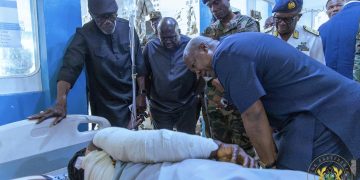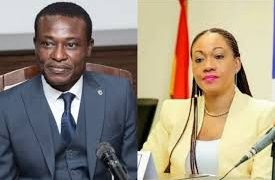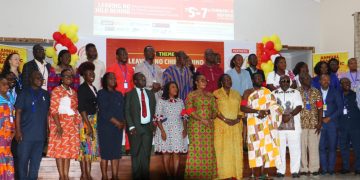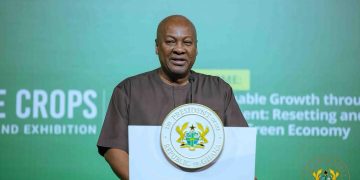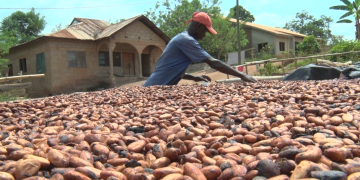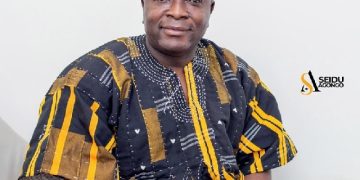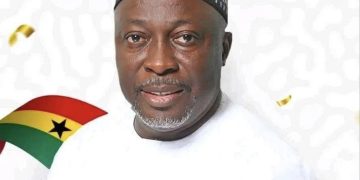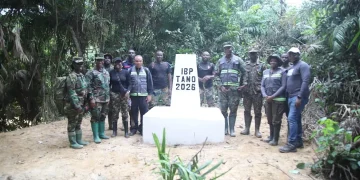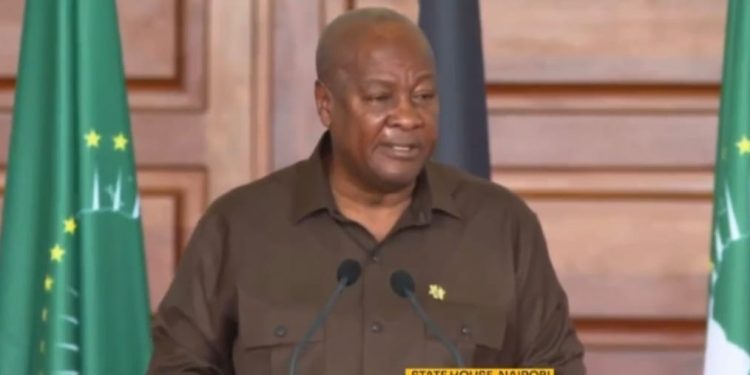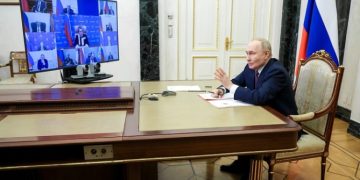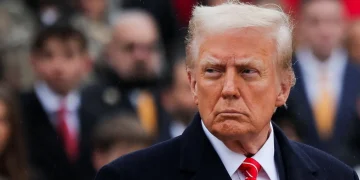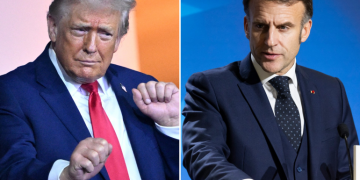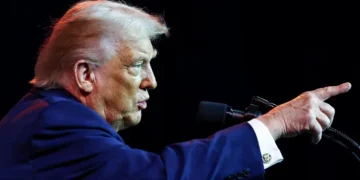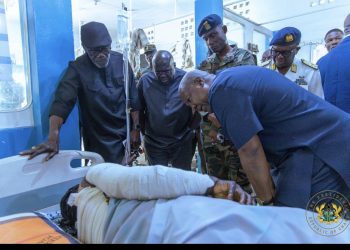President John Dramani Mahama has urged African nations to move beyond the export of raw materials and prioritize value addition to drive economic growth, create jobs, and secure the continent’s rightful place in the global economy.
Speaking at the closing ceremony of the 2025 Africa Prosperity Dialogues in Accra, Mahama emphasized the need for industrialization, infrastructure development, and strategic trade policies to harness Africa’s full economic potential.
He warned that Africa’s longstanding dependence on raw material exports has limited economic dividends and hindered sustainable job creation for the continent’s youth.
“Whether it is cocoa in Ghana, oil in Nigeria, diamonds in Botswana, or copper in Zambia, we must process and add value to our natural resources,” he stated.
The Role of the African Continental Free Trade Area (AfCFTA)
Mahama highlighted the African Continental Free Trade Area (AfCFTA) as a game-changer, capable of creating the largest free trade area in the world.
However, he cautioned that trade liberalization alone is insufficient, stressing the importance of infrastructure investment to facilitate seamless trade.
“We must invest in efficient road, rail, and port networks, strengthen African supply chains, and ensure our industries produce goods and services that meet both regional and global standards,” he said.
President Mahama also called for harmonized trade policies, the elimination of non-tariff barriers, and the full operationalization of the Pan-African Payment and Settlement System to enable smooth transactions across the continent.
If properly implemented, he noted, AfCFTA could unlock a $3.4 trillion market, benefiting millions of Africans.
Technology and Industrialization as Pillars of Growth
The former president urged African governments to collaborate with the private sector to drive industrialization through special economic zones, promote manufacturing, and increase domestic ownership of natural resources.
He emphasized the need for investment in technology and vocational education to equip the youth with skills for emerging industries.
He also highlighted the Fourth Industrial Revolution as an opportunity for Africa to leapfrog traditional development models, advocating for digital transformation, financial inclusion, and homegrown innovations.
“We must expand internet access, bridge the digital divide, and encourage e-commerce and tech-driven enterprises to boost trade and economic participation,” he said.
Good Governance and Economic Growth
Mahama stressed that economic growth cannot be achieved without good governance, transparency, and accountability. He noted that investors and businesses thrive where stability, predictable policies, and the rule of law exist.
“Our youth are growing frustrated with the lack of opportunities. The democratic governance we embraced was supposed to bring tangible improvements to the lives of our people, but progress has been slow,” he noted.
To maintain public trust in democracy, he called on African leaders to strengthen institutions, ensure free and fair elections, combat corruption, and promote peace and security, as economic development cannot thrive in conflict-prone regions.
A Call to Action
President Mahama urged African leaders, policymakers, and business leaders to move beyond dialogue and act with urgency and determination to achieve economic transformation.
“Africa’s time is now. The forces that unite us are stronger than those that divide us. Let us rise to this occasion and build an Africa that is strong, self-sufficient, resilient, and globally competitive,” he declared.
The 2025 Africa Prosperity Dialogues, hosted in Ghana, brought together heads of state, policymakers, and business leaders to discuss strategies for accelerating Africa’s industrialization, trade, and economic prosperity.
Source :www.kumasimail.com


